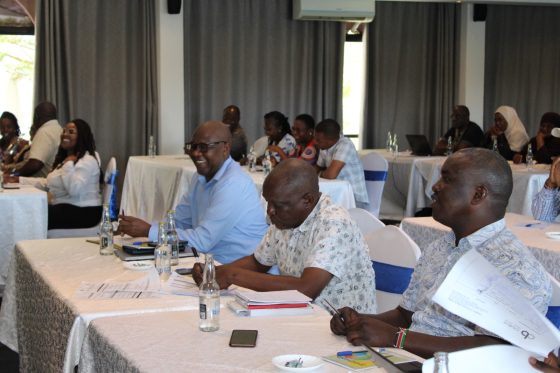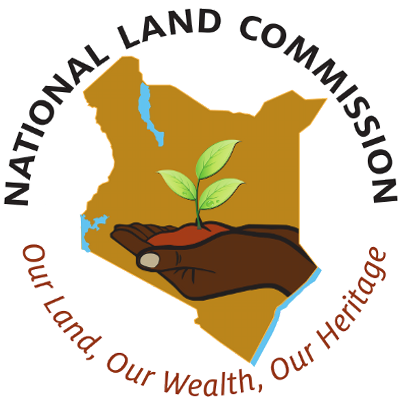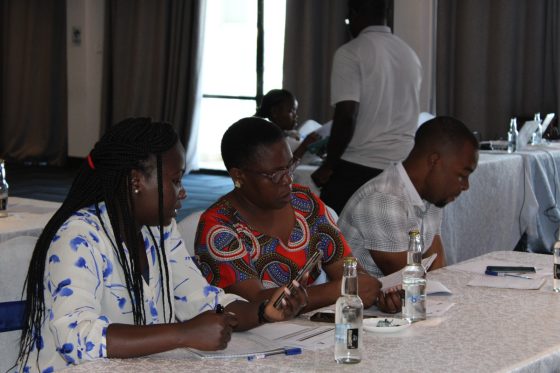
MOMBASA
AUGUST 17, 2023
Land actors in the Coastal region, have been urged to support ongoing efforts to improve tenure of security in informal settlements.
Un -Habitat and Pamoja Trust Executive Director Sam Olando reiterated the above statement in his opening remarks at the start of a two-day reference group meeting on development of procedural guidelines on community land application in the informal settlements’ context.
The meeting being attended by National Land Commission (NLC) staff from the Mombasa County coordination office, is set to identify key aspects required for consideration in the Procedural guidelines, develop an ontological map and unpack what constitutes different land conversion processes in the informal settlements’ context.
Under the Land Registration Act, the Commission is mandated to constitute registration units in consultation with national and county governments and determine the form of a land register that shall be maintained in each registration unit.
The meeting, preceding a pilot project on registration of community land rights, seeks to strengthen the capacity of urban informal settlement communities to register their land in accordance with the provisions of the Community Land Act 2016, the attendant rules and regulations for the implementation of the Community Land Act 2018 and the Land Registration Act 2012.
“The project seeks to develop a guiding document that can present different scenarios on how an informal settlement land can be converted to community land by registration under the Community Land Act (2016),” said Olando.
Kwa Bulo and Mnazi Moja in Mombasa County and Nairobi’s Mabatini and Mashimoni areas have been selected as pilot projects.
The project dubbed “Promoting improvement of Tenure Security in Select Urban Informal Settlements Through the Pilot Registration of Community Land Right’ is a collaboration between Pamoja Trust and Global Land Tool Network (GLTN).
Participants attending the meeting are from government institutions, civil society organizations, private sector, local communities and other land actors.

